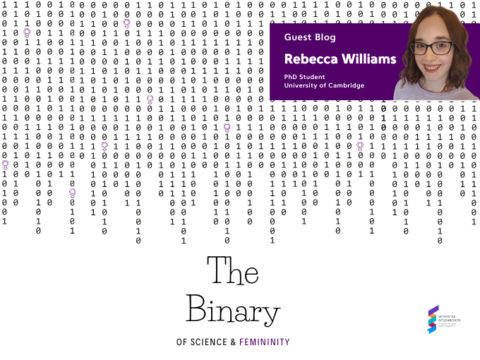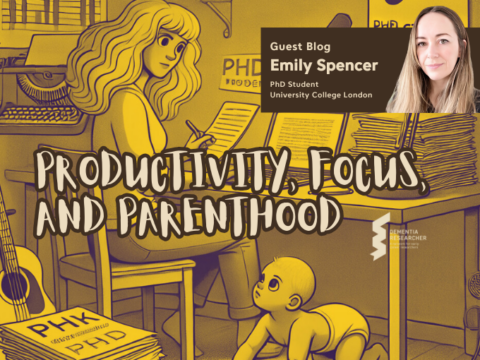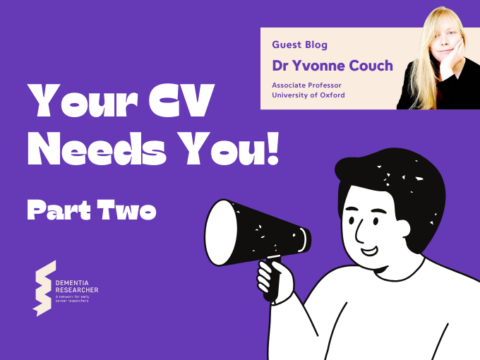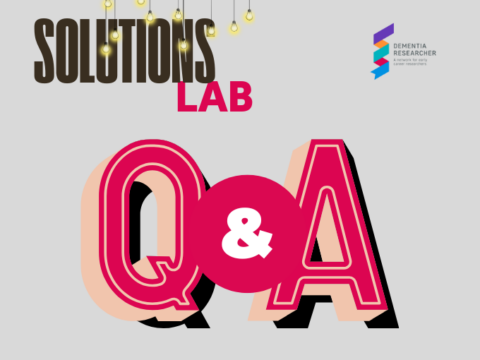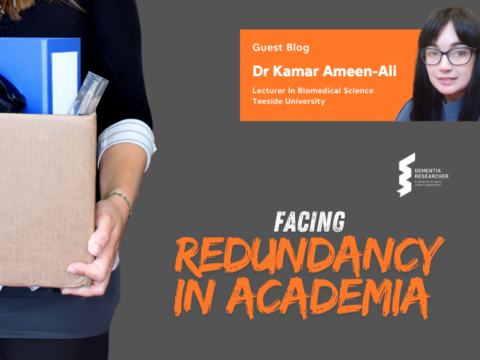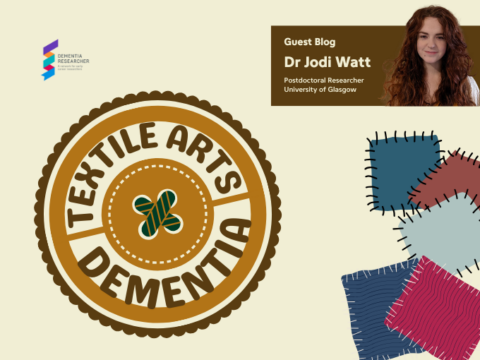We hear a lot about how academia is built on the exploitation of free labour provided by researchers, most often of those early in their careers. But what exactly is meant by free labour, and shouldn’t we be saying “yes” to every opportunity which has the potential to advance our careers? With the start of the new year comes new opportunities, so in this blog I will be exploring when is the right time to turn them down, and say “no”.
Ever since I was a PhD student over 10 years ago, I have been like a magpie, in pursuit of anything shiny that distracted me from the work I should have been doing. My PhD was full-time with a stipend, but I still worked part-time doing clinical research in the NHS, largely because I wanted to do a clinical doctorate after my PhD but also because having a large variety of things to do actually made me more productive. I can be easily prone to boredom, so having lots of things to do means I can task switch, and the variety of work activities act as procrastination for one another. I organised the postgraduate conference for my department, volunteered at the undergraduate employability retreat, and took on committee roles. My career did benefit greatly from these activities as they enriched my CV, and I’m sure helped me secure subsequent jobs and funding.
As I’ve advanced through my career, as a postdoctoral researcher and now a lecturer, I’ve become increasingly more selective in seeking out opportunities.
This is mostly because I typically find that although I may want to be involved, if it is similar to something I am already involved in, or have been previously involved in, then it is likely to be of little benefit to me. This perhaps sounds a little selfish of me, in that I’ll only get involved in something which has a personal benefit to me.
However, we all have limited capacity in terms of our workload which means we have to be selective about what we say “yes” to. Going beyond this capacity eats into time outside of working hours, which all academics are guilty of, myself included, but it is unhealthy and risks burn out. Although we should advocate for a healthier work-life balance, I think it is unrealistic that this will change as quickly as it should, so it’s important to me that if I do give up any time to be involved in something, it has to be for something meaningful, and what is meaningful will vary from person to person.
Looking at this from a cost-benefit analysis perspective can be helpful. Costs can be financial (e.g., if you have to personally provide tea/coffee for the seminar you’re organising), or the costs can be quantified as the time you have to dedicate; for example, will you have less time to do something else? The benefits can be short-term (e.g., it makes you feel good to be helping out with an activity), or long-term (e.g., it looks good on your CV and can help with future employment). Early in your career, activities and opportunities can be heavily skewed in favour of benefits to you, but as you progress in your career, the balance shifts as the long-term benefits may cease to exist if, for example, you already have something similar on your CV.

Decide on what’s most important to you and lean into those activities. Say “yes” when something is aligned with your passion or your goals. Say “no” when it’s not.
It is important to be mindful that the opportunities and activities that we’re talking about, such as organising academic events or sitting on committees and panels, are rarely, if ever, remunerated. Similarly to the peer review process, it is an expected part of our contribution to academia, part of our role as academics, and it would take a whole other blog to unpick the issues around that. However, many of these roles, with the exception of those which require a certain degree of expertise, can disproportionately fall on the shoulders of early career researchers (ECRs), understandably keen to exchange free labour for the benefits which may help advance their careers.But, this can leave people vulnerable to exploitation, where they may feel obligated to take on these additional roles and responsibilities, whilst receiving very little benefit in return. Providing junior colleagues with opportunities that will be genuinely advantageous to them should be encouraged and expected, but not if it is something they are repeatedly asked to do because it is known they will say “yes”, is no benefit to them, and in fact may even be a burden alongside the rest of their workload.
So how do we maintain a balance between ensuring people have access to opportunities which can help them to develop and advance their careers, without the risk of being taken advantage of? We need to strive for a working environment which provides fair opportunities, but fosters a culture where it is acceptable, and even encouraged, to say “no” if someone decides that a particular opportunity is not right for them based on their personal cost-benefit analysis.
Over the years I’ve had a number of conversations with students and mentees who have been deliberating over whether or not to take on a role or responsibility which has been made available to them. The advice I have found myself giving to them, which I find helps me personally when weighing up my own cost-benefit analyses to make decisions, is to ask yourself the following: 1) Is it something new which can be a benefit to you in any way? If “yes”, then do it, if “no” then 2) is it something that you will enjoy doing? If “yes”, then do it, if “no” then you’ve answered “no” to both questions, meaning it probably isn’t something worth your time. The opportunity can then be opened up for someone else who can truly benefit from it.
Knowing when to say “no” to opportunities can be difficult because in academia there is an expectation that we take on additional roles and responsibilities for free in the hope that we will reap some unquantifiable benefit at some point, and there is the worry that turning something down could negatively affect our career progression or how we’re perceived amongst peers and colleagues. However, saying “no” can often be the right answer for person reasons, such as to avoid taking on too much and to allow you to focus on your priorities, or because it is simply of no benefit to you but could be to someone else. Too often we say “yes” when we mean “no”, to the detriment of our health and our work, with ECRs in particular experiencing exploitation of this tendency.
So the next time you get presented with an opportunity, before saying “yes”, ask yourself “is this something that will benefit me, or something that I’ll enjoy doing?”. If not, say “no”.

Dr Kamar Ameen-Ali
Author
Dr Kamar Ameen-Ali is a Lecturer in Biomedical Science at Teesside University & Affiliate Researcher at Glasgow University. In addition to teaching, Kamar is exploring how neuroinflammation following traumatic brain injury contributes to the progression of neurodegenerative diseases that lead to dementia. Having first pursued a career as an NHS Psychologist, Kamar went back to University in Durham to look at rodent behavioural tasks to completed her PhD, and then worked as a regional Programme Manager for NC3Rs.

 Print This Post
Print This Post
